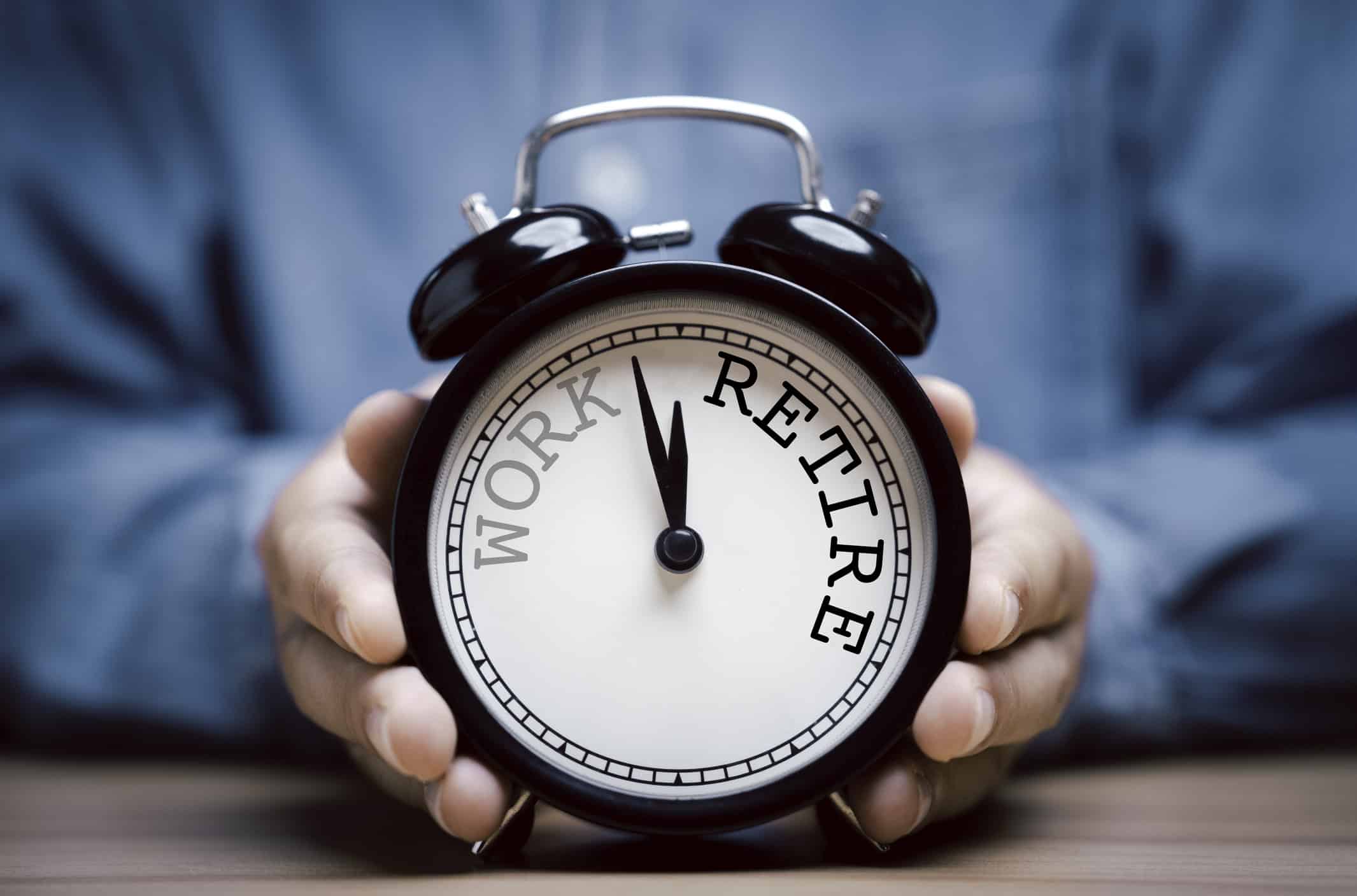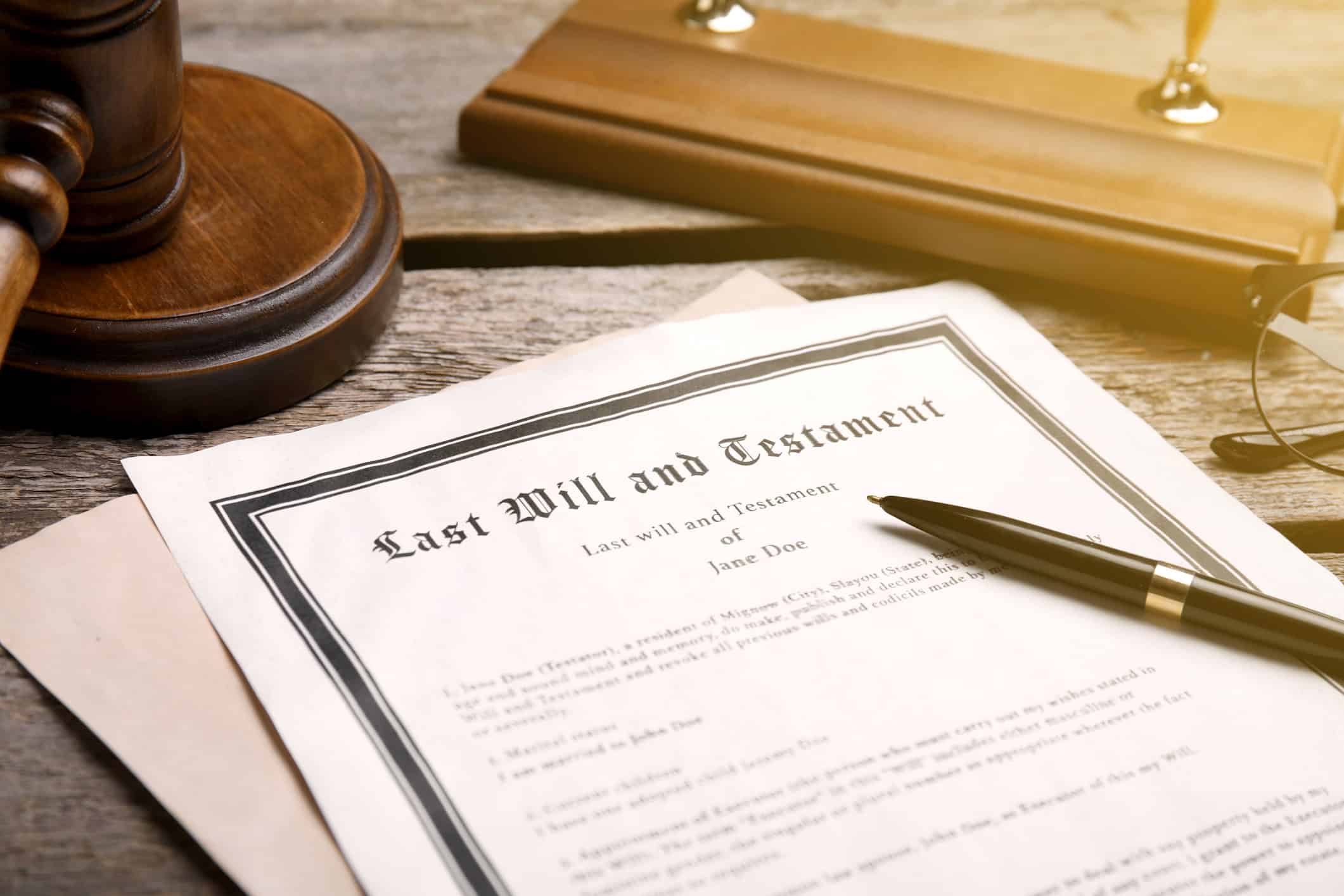
Is Your Home Part of Your Retirement Plan?
Retirement planning involves ensuring you have enough assets, strategically managing them, and developing a comprehensive retirement plan to provide you with the income you want throughout your retirement.
But what about the asset you live in? Factoring your home into your retirement planning has an impact on your lifestyle choices, your available income, your late-stage retirement, and even your estate plan.
Given the increase in home prices we’ve seen over the last decade, the question of whether you should stay in your home, downsize, or even upsize is a little more complicated now, especially when considering your retirement plan. And higher interest rates are increasing the complexity.
Are You Planning to Downsize?
Downsizing, whether you own your home outright or have a mortgage, can lower living costs and unlock home equity. Given the recent increase in home prices, this may be substantial.
It may also provide the opportunity to move to a new city, state, or even country. You may move to be closer to family, pursue hobbies, or enjoy a new climate or environment.
Market Considerations and Retiree Advantages
High interest rates are complicating the process a little bit. In some markets, fewer homes are available because homeowners with low mortgage rates and minimal equity are staying put, while others seeking better schools or larger homes are increasing competition.
However, retirees who have built equity in their current home may have an advantage, as they are often able to complete a cash deal using the proceeds of their existing home. This option is more attractive to sellers, but it can complicate retirement planning if they intend to use the proceeds from the home to fund other retirement expenses.
The flexibility of being retired helps here, as retirees with the freedom of movement who are not tied to jobs or school districts can choose areas of the country that meet their criteria but haven’t experienced as much home price appreciation.
However, the cost of your new home isn’t the sole factor influencing how much the move affects your retirement planning. Be sure to think through:
- Cost of insurance on your new home.
- Property taxes.
- How much work does the home need to meet your needs now?
- Will it need significant upgrades to support you as you age?
- What about medical care? Is it more expensive in your location? As you age, these costs become significant.
- Will you need to change your Medicare coverage if you move?
Have You Thought About Upsizing?
Creating a family home where children and grandchildren can gather in the decades to come is a dream for many. Buying in a cherished vacation spot where you already have good memories or exploring a new location to create a new family custom, may have been your goal.
Having a home large enough to accommodate family members permanently moving in, or a live-in caregiver, can also be an effective solution if you plan to age-in-place.
Upsizing also has another benefit: larger homes tend to be newer homes. The size of homes built over the last 20 years has steadily increased. According to the U.S. Census Bureau, the median U.S. home built in 2021 was almost 2,300 square feet. Newer homes have significant benefits:
- The cost of maintenance tends to be lower.
- Builders construct newer homes with modern styles of living and they don’t require costly upgrades.
- Easily accomplishing additions to the infrastructure.
If your current home is one you’ve lived in for many years, the home may have appreciated significantly. Selling it can result in a large tax bill. If you are single, you may shelter up to $250,000 of the profit from taxes. If you are married, the amount increases to $500,000. But given increases in house prices, you may still have a large tax bill. This will lower the amount you have available to invest in a new home.
Taking out a mortgage for a bigger home may impose an extra financial strain. Prompting consideration of whether your income can support it.
How Will Your Home Impact Your Estate Plan?
Being thoughtful about the disposition of your home in your estate plan can be one of the most important things you do to ensure your children and grandchildren are provided for. While monetary or investment assets can often be readily divided, a valuable home filled with belongings and memories can often create conflict amongst heirs. Executors or beneficiaries must sell the home, including distributing or selling its contents, making repairs or upgrades, and finding the right buyer to realize the proceeds. This can be emotional, time-consuming, and expensive.
Laying out a plan in advance, even down to assigning who gets what and what the most likely timeframe is, can avoid problems. It may be advisable to hire an estate liquidation firm to value the contents so you can be sure of an equitable division.
The Bottom Line
Your home is an important retirement asset, and thinking through what you want and the potential options you have is a good way to get the most out of it. Gaming out various scenarios in the context of your other retirement plan assets will help you decide what’s best for you.
Let Hennion & Walsh Offer a Second Opinion
Curious to learn more? Our unmatched client experience will give you peace of mind. Just as you may seek a second opinion about your health, we believe successful investors can gain value and peace of mind by getting a second opinion on their financial health. So, whether you’re worried about today’s uncertain economic environment or looking for increased peace of mind, we can help. Get a complimentary second opinion on all your investment accounts not held at Hennion & Walsh today!
Hennion & Walsh Experience
At Hennion & Walsh, every client, every individual investor, is assigned a dedicated team of investment professionals, planners, and portfolio managers, who collectively analyze your situation through the lens of their respective disciplines.
Each member brings valuable insights to apply to your situation. Whether you’re looking to meet your income needs today or stock market growth for your future, we have an expert sitting with you, helping you, and guiding you through all the scenarios to help you live the life you want.
Hennion & Walsh distinguishes itself in the investment industry with its exceptional in-house team of specialists committed to your success. Unlike other firms that rely on impersonal call centers, Hennion & Walsh provides direct access to experienced bond experts, CERTIFIED FINANCIAL PLANNER (CFP®) professionals, Chartered Financial Analyst (CFA)® charterholders, annuity professionals, and a proficient internal fixed-income trading team. Our customer service team is exceptional, ensuring that every client receives the dedicated attention and support they deserve.
Disclosures:
This commentary is not a recommendation to buy or sell a specific security. The content is not intended to be legal, tax or financial advice. Please consult a legal, tax or financial professional for information specific to your individual situation. Investing involves risk including possible loss of principal. Past performance is no guarantee of future results. Diversification does not guarantee a profit or protect against loss.




